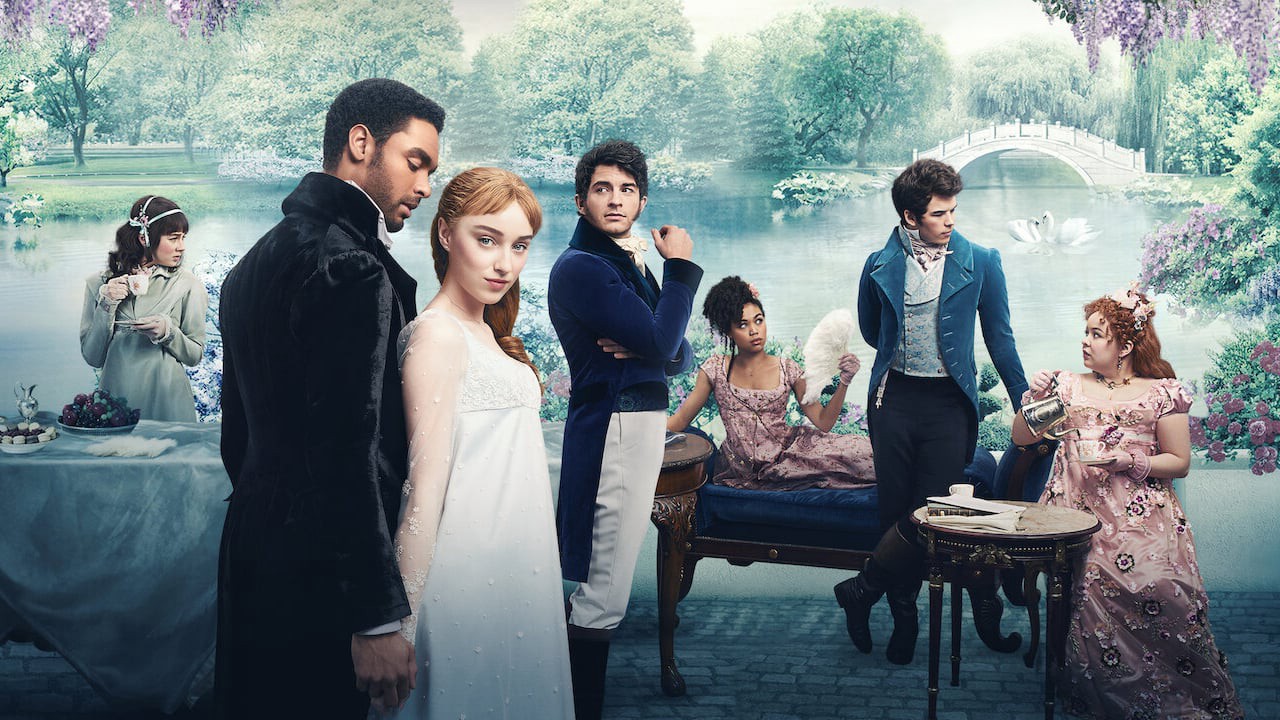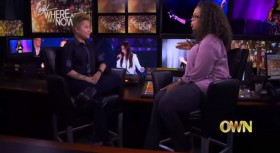Let’s face it people, 2020 was a real mess of a year. From the threat of World War III to the never-ending pandemic, 2020 was the year we wanted to quickly escape. That is probably the reason why after Netflix released the highly anticipated Bridgerton on Christmas Day, everyone starts embracing it like the warm, sweet, chocolate lava cake that it is. It is the perfect antidote, the great escape from the horrible, no-good, anxiety-inducing year that was 2020.
Don’t get me wrong, we can say Bridgerton is a lot of other things. For one, the series actually dares to present a world in which the Queen of England is a person of color, and that it’s perfectly acceptable and even encouraged for pasty white ladies of society to fawn over the sexy, suave and yes, dark-skinned Duke of Hastings. This is definitely saying something in the year that also brought us worldwide Black Lives Matter protests after racial injustice continues to be on the rise.
But at the same time Bridgerton knows what it’s there for and doesn’t try to make its world a political statement. Rather, it is simply there to present a reality for us that seems to be much better than what we’re currently experiencing, and there really is no need to dig deeper under the surface.
Also read: Quarantine and Chill: How to Stay (Relatively) Sane During the Apocalypse
For example, Bridgerton’s main story is a romantic one of Daphne Bridgerton and Simon, the Duke of Hastings. Daphne is this sweet, naive girl from a good family who is not only looking for a husband, but a real, lasting love and Simon is this jaded, somewhat cynical, quintessential bad boy with a heart of gold who just wants to survive the mamas around him that want him to marry their daughters.
We pretty much know from episode one that these two crazy kids are going to get together but it’s so much fun to see them pretend like they don’t care for each other. And then after they finally *spoiler alert* do get together, they’re thrown another hurdle that the show tries to convince us is a HUGE one, when, if you really think about it, is nothing. It’s basically #richpeopleproblems, and we ain’t mad. We like it that way. We wish Daphne and Simon’s marital problem is the only problem we have in our life.

Sure the whole marriage market setup that brings these two lovebirds together pretty much highlights what little rights women have at the time, and that they really have no choice but to make a good match if they are ever to survive. It is reminiscent of the argument that Amy makes to Laurie in Greta Gerwig’s Little Women, when Laurie criticizes her for wanting to settle with Fred Vaughn for his money.
“Don’t tell me that marriage is not an economic proposition,” she counters Laurie in that unforgettable scene, “Maybe not for you, but it certainly is for me.”
Also read: Dear Film and TV Producers: My Sexual Assault Is Not Your Plot-Advancing Device
Bridgerton tries to make the same point with the B plot of one Miss Marina Thompson, who finds herself pregnant out of wedlock and must do whatever it takes to ensure a secure future for her and her unborn child—though even the consequences are less dire and are resolved rather conveniently.
And then there’s Daphne’s little sister Eloise who is so adamant that she doesn’t want to “follow in her sister’s footsteps” and wants something more than just to meet a man and be a wife, but she doesn’t really do anything apart from complaining about it as well as trying (unsuccessfully) to uncover the identity of Lady Whistledown, the mysterious “Gossip Girl-like” figure behind the popular society paper that seems to know everything about everyone.

I love Eloise, she has some of the best lines in the show, but you have to admit for someone who is supposedly so smart and so ambitious, she can be rather slow. When Lady Whistledown’s identity is revealed in the end, it’s not so much as a surprise mostly because we have already suspected that Eloise must have been wrong since she doesn’t seem to be all that perceptive after all.
Perhaps the best thing about Bridgerton is actually the character development of one Penelope Featherington, Eloise’s best friend and the show’s voice of reason. Penelope has the misfortune of being the daughter of a social climber and a degenerate gambler, her two sisters are shallow and vapid, and she is also in love with Colin Bridgerton who only sees her as a good friend and little sister.
Also read: 'Stargirl' Evokes the Years I was A Manic Pixie Dream Girl Wanna-be
Eloise, her supposed best friend, is too wrapped up in her own lofty ideas to really pay attention to Penelope’s real struggles. She strikes up a warm friendship with Marina Thompson in the beginning of the series but even that falls apart, because Marina ends up being just another one in the long list of people in her life who underestimates and disregards her. Played by relative newcomer Nicola Coughlan (who previously captivated us in Netflix’s Derry Girls), Penelope’s layers of personality are unfolded with every episode and they get more and more interesting that we can’t help but root for her to take over the world at the end.
Bridgerton has its flaws. And it really isn’t a deep, contemplative show. It isn’t meant to be. It arrives just in time to entertain us, and to provide us an escape from all our troubles. I think it needs to be praised and appreciated for what it is.
Bridgerton has done more for our collective mental health than shows that try so hard to be deep yet end up depressing the hell out of us in an already depressing year. Its success proves that despite being a soapy, corny, horny romantic fantasy series, it is also our hero who rescues us from the reality of life during the great pandemic and rides off into the sunset with us in his loving, and ahem, muscly, strong arms.







Comments